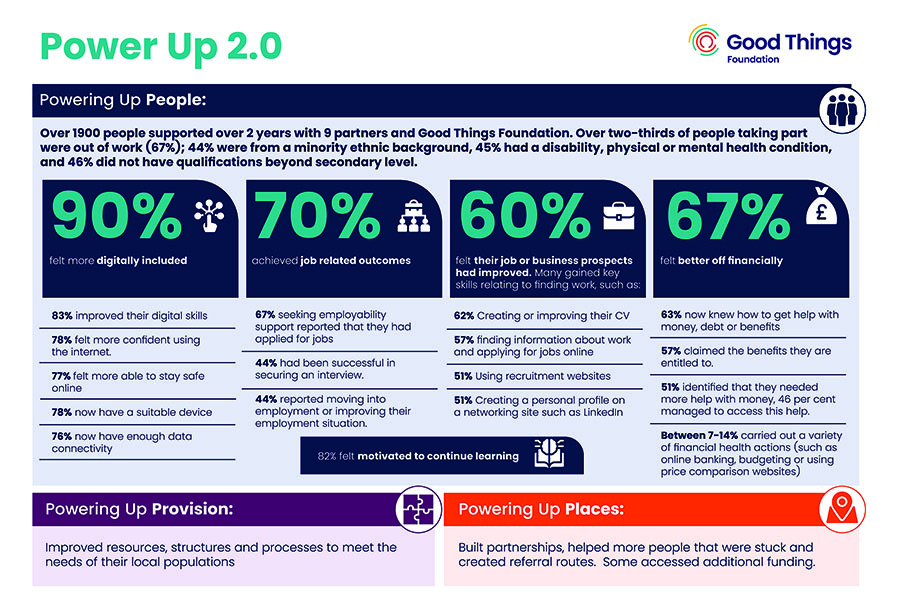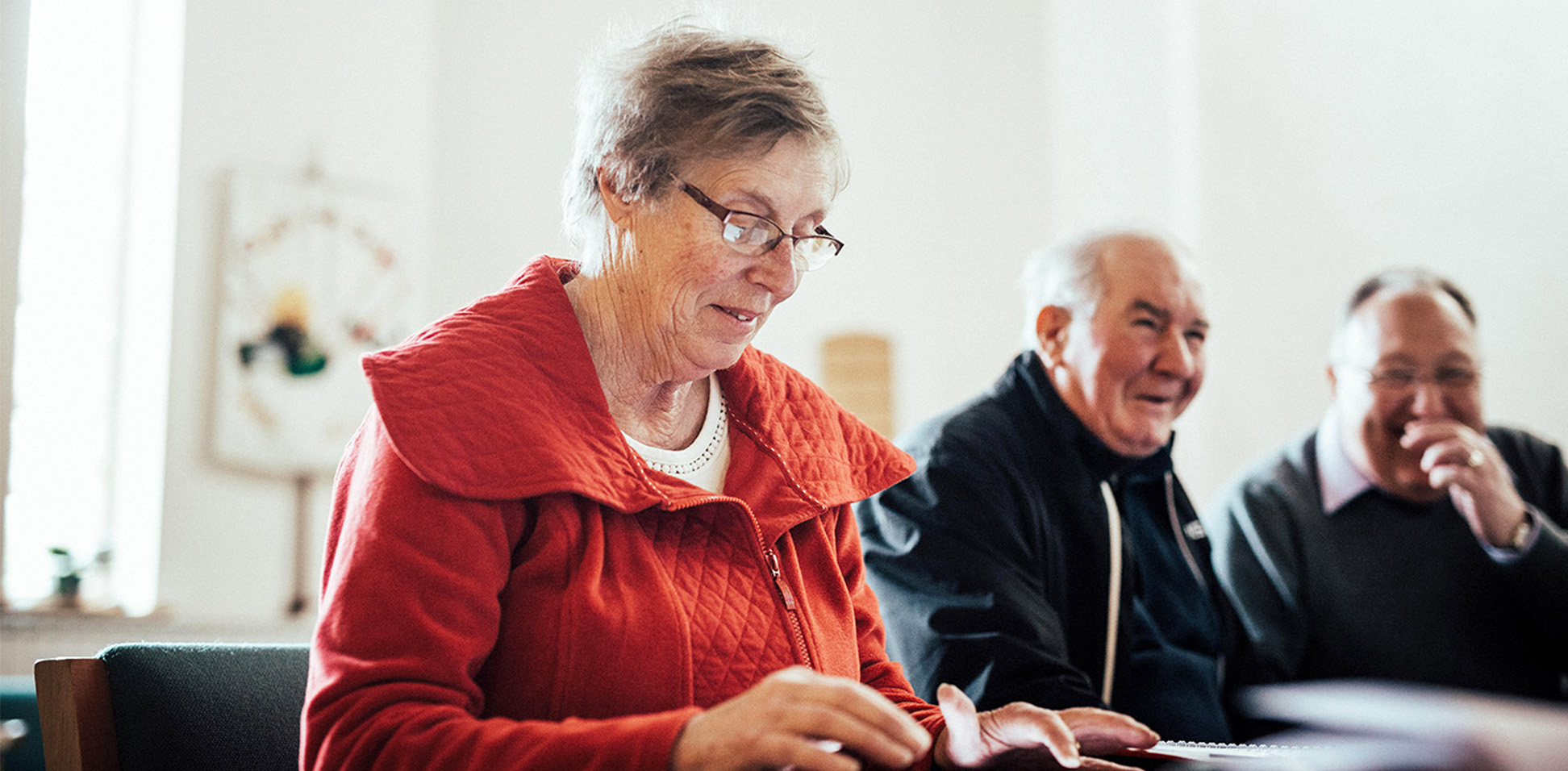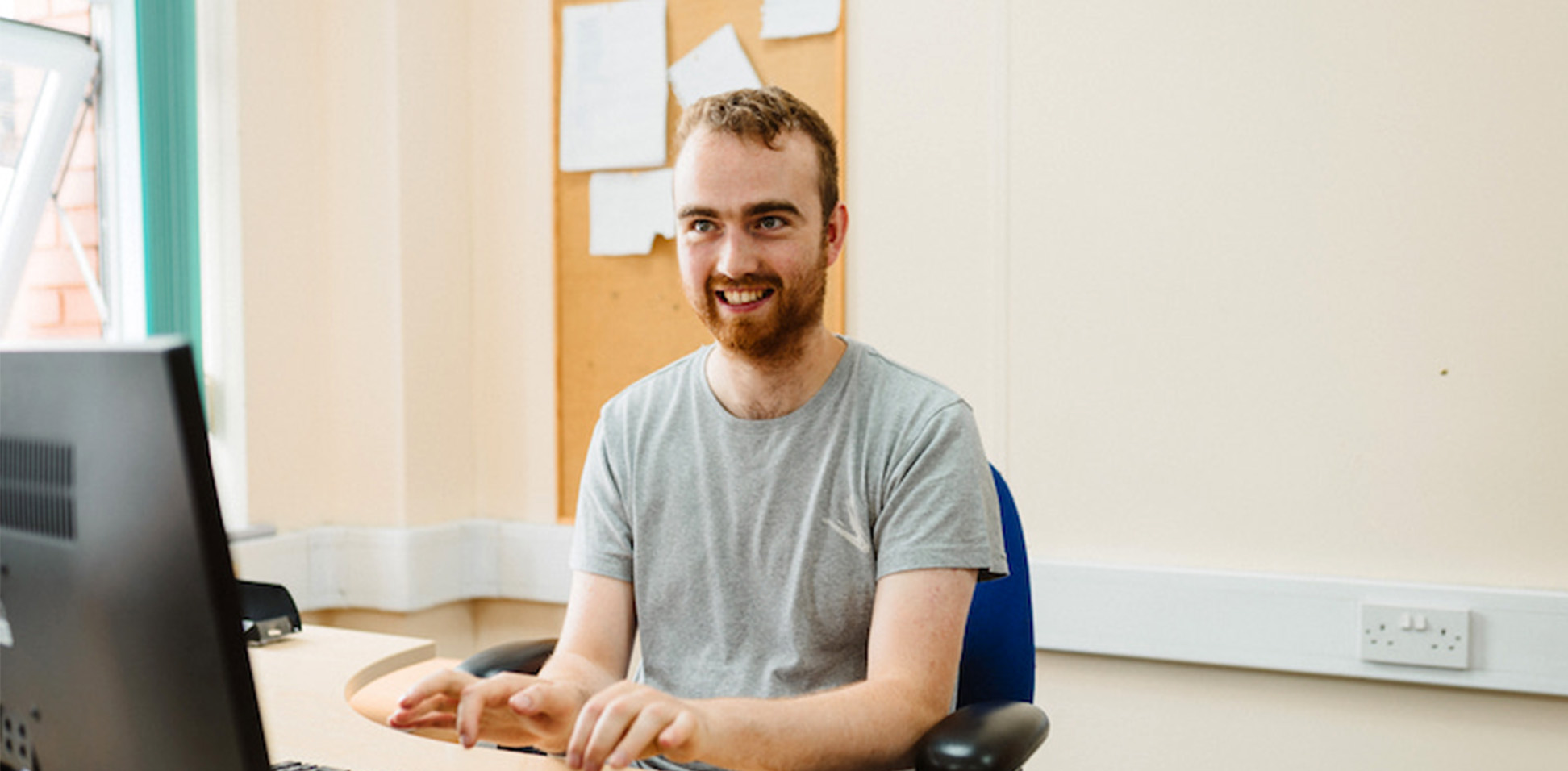Impactful digital inclusion: People, provision and place
Our Group CEO, Helen Milner OBE, reflects on our Power Up 2.0 initiative, the latest UK Consumer Digital Index from Lloyds, and their relevance to Rt Hon Alan Milburn’s Pathways to Work Commission report and the Get Britain Working white paper.
Millions of people lack basic digital skills
Last week, Lloyds Bank launched the latest UK Consumer Digital Index report. Positive signs of progress but far too slow to deliver the boost to living standards, social inclusion, and economic growth which our country needs.
There are still nearly 8 million adults who lack the digital basics (foundation level). Most (but not all) are older, living alone, have no formal qualifications, and/or live with a long-term health condition or disability.
Looking only at the working-age population, around 18% (c7.3m) lack the digital basics most needed in the workplace, with 6% (2.3m) able to do none of the tasks. In a digital economy, just under half of working-age adults can do all 20 tasks.
If this sounds depressing - it is. But there is also a strong and positive call to collective action in this year’s UK Consumer Digital Index. Over 22 million people would like to improve their digital skills. We can and must respond to this, and do so in ways that work for diverse communities, and especially for those who lack the confidence to learn - often shaped by poor past experiences of learning - and for whom this is a barrier to finding pathways into economic participation.
Achieving employability and financial health impact
I’m proud that we’ve published an evaluation of a highly impactful initiative - Power Up 2.0 - delivered by Good Things Foundation; supported by JPMorganChase. This initiative invested in nine organisations across four places over 26 months to deliver impact for people’s employability and financial health underpinned by digital skills and inclusion. The investment and model has been transformative in the lives of most people who took part, including the organisations providing support, and the places where they are based.
People, Provision, and Place were the three core pillars around which this innovative initiative was centred.
Power Up 2.0 enabled the participating organisations to innovate, upskill and evolve their provision and place-based partnerships; it also enabled Good Things Foundation to steer and support them, and to learn more about what works.
Over 1,900 people - facing significant challenges in their lives - were supported through the project - most of whom faced not only digital barriers but significant other barriers and challenges in their lives. Brilliantly, through the skilled support they received, 70% progressed towards work, and 67% felt financially better off.

Partner organisations evolved their approaches to delivering digital inclusion and evolving local ecosystems of support. This is vital work that is often hampered by lack of time, resources, and reinventing the wheel. And this is where Good Things Foundation’s nationally available resources and expertise on digital inclusion has added significant value - with organisations benefitting from free resources available through the National Digital Inclusion Network - like the National Databank, National Device Bank, and Learn My Way.
The report is a timely reminder for policy makers, commissioners, and service providers that embedding digital inclusion in employability and financial support is effective, and it is essential.
Get Britain Working
Rt Hon Alan Milburn’s recent Pathways to Work Commission report also highlighted the importance of building basic digital skills.
Digital literacy was cited as one of the key skills gaps by Barnsley employers, yet of those surveyed who were described as “economically inactive”, only 28% of people had received any support with digital skills. This was particularly marked among people without formal qualifications.
If we want to Get Britain Working, we must invest in digital inclusion - in people, provision, and places. Embedding digital inclusion is skilled work and takes time. Evidence, like in the new report we’ve shared, is invaluable in building insights about what works, and what doesn’t work as well.
I recently chatted with Alan Milburn in our latest Digital Futures for Good episode about this, and about the Commission’s findings on how to enhance access to employment in a rapidly digitising economy. The reason I’ve been excited about Pathways to Work since the report came out is because it’s a local overview of the intersecting challenges people face - poor health, poverty, worklessness, low skills, lack of joined up support - and it points at the national and systemic changes necessary to unlock human and social potential, and help people to have better lives. The economic benefits are also eye watering - with £23 billion a year benefit just by shifting from 78% economically active to 80% economically active. I say ‘just’ but this will be a difficult thing to achieve, especially difficult as it means ‘joining up’ both in policy and practice, as well as breaking out of silos.
Support with digital skills - as well as data and devices - is already making a transformational difference to thousands of households and individuals across the UK, bridging the gap between digital inclusion and employment.
Tamara, a single parent of three from Birmingham, was out of work for 15 years before digital skills helped her back into employment.
She was given free support including data and a device by SmartLyte-Get Families Talking, part of the National Digital Inclusion Network.
"I’m a Mum of three and it was really hard to juggle everything when I was out of work - with cost-of-living being so hard as well. With the digital inclusion assistance I've had I was able to apply for jobs and learn skills needed for work.
"I'm now an Administrator at a solicitors and I'm so proud of myself! I work from home and can manage my working hours now around the children's school pick up and drop off times."
Tamara
I’m tenacious about making sure there are more stories like Tamara’s - and that the millions of people currently excluded from a better life because of their digital exclusion are not left behind. Technology will play such an important role in transforming our services, our lives, and our communities. It’s so important that the benefits of this transformation reaches as many people as possible. I will keep talking, working, and collaborating to do my bit to bring about essential changes in people and practice.
It’s easy to talk about thousands of people and thousands of partners, of millions of people excluded, of billions of pounds of benefit. Let’s keep Tamara and the millions like her in our minds as we work together to fix the digital divide and create the society we want for everyone.


